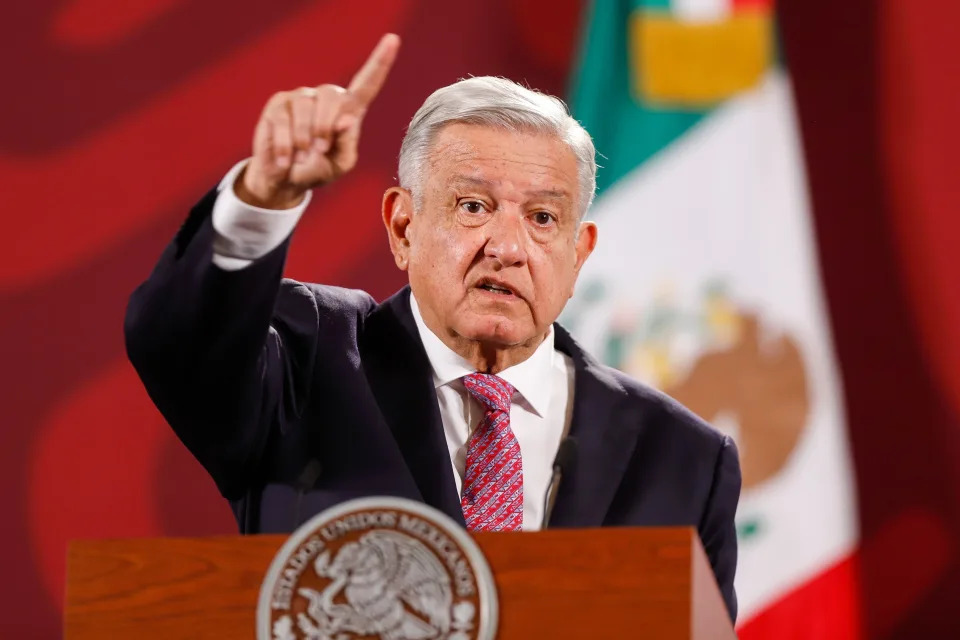The Mexican president, Andrés Manuel López Obrador, recognized this Saturday that “a good increase” is required to the minimum wage in Mexico to be able to face the high inflation in the country.
“Of course, the labor leaders are going to agree with us that the minimum wage should be increased in an important proportion because we are facing international inflation,” he pointed out.
From Toluca, in the central State of Mexico, the Mexican president said that the pandemic is gone, but emphasized that now the world is facing the inflation generated by Russia’s war with Ukraine.
Until last October, inflation in Mexico stood at 8.41% at the end of the month, a drop from the 8.7% officially reported in September.
“That’s why we need a good salary increase because we have an 8.4% inflation,” he said.
President López Obrador also revealed that the agreement on the salary increase for 2023 is about to arrive and he hoped that the businessmen would accept the increase proposal of the Mexican Government, without advancing the percentage of the proposed increase.
In Mexico, the increase in the minimum wage is defined by the National Minimum Wage Commission, which is made up of three parties: the private sector, the Government, and the unions that represent Mexican workers.
“Now we are about to reach an agreement to reconcile the increase for next year and I hope that the employers accept it,” he said.
The Mexican president recalled that since 2019, the general minimum wage received by a Mexican worker for a working day has benefited from an increase equivalent to 62%, “as has not happened in more than 30 years.”
In addition, he presumed that the increase in the northern border strip of the country the increase has been double.
López Obrador also pointed out that the minimum wage has lost 70% of its purchasing power in the last three decades.
“It is even embarrassing to say it because even with the 62% (increase) that we have increased now as never before, the minimum wage in Mexico is still lower here than in Guatemala, in El Salvador, in Honduras,” he lamented.
For its part, the Employers’ Confederation of the Mexican Republic (Coparmex), which represents more than 36,000 companies and contributes 30% of the Mexican gross domestic product (GDP), has revealed that they will seek a 15% salary increase, in order not to impact in inflation and in the levels of informality in the country, where 6 out of 10 Mexicans are outside the formality and without social security.

